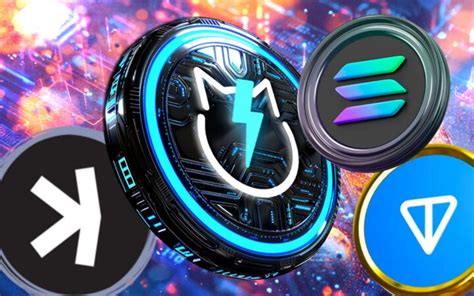Here is an article sample:
Title: Solana: Missing Indexes in Google Bigquery for transactions
Introduction:
As data developers and scientists, we all did there – about our questions on Google Bigquery, just to be disappointed when the results take an erternity to load. In this article, we will explore a common problem that can occur when using solar as a blockchain platform: lack of indices in Google BigQuery for transactions.
What are the indexes?
In Bigquery, indexes are used to improve the performance of query, providing an effective way to take data from large data sets. They do this by creating physical tables with additional metadata, allowing the database to quickly locate specific lines based on the values of the index.
problem: missing indexes in the solar transaction database
When using Solana as a blockchain platform, transactions are stored in the “Sola_programm” data set, which is part of the Google Bigquery platform. However, it seems that this data set has several missing indexes, which makes extremely expensive transactions.
problem:
The main culprit behind this problem is the lack of indexes on certain tables in the “Solana_programm” data set. More accurate:
* Transaction table: This table contains all transaction data, which includes TIMESTAMPS, account addresses and other relevant information.
* Transaction board: This table stores a list of unique transactions for each batch of transactions.
Contequeques:
Without these indices, the questions in the “Solana_programm” data set may take impossible to complete. For example:
- A simple query that takes over all transactions for a specific account address can take a few minutes or even hours to execute.
- The more complex interrogations that require filtering and sorting transactions through Timestamp may still be slow.
Solution:
Fortunately, the Google Cloud Bigquery team has recently announced an update that includes new indexes on the “Sola_programm” data set. These new indices should significantly improve the interrogation performance for transactions.
To take advantage of these improved indices, you can follow these steps:
- Update the code: Change the Solana program to use the updated indexes.
- Create a new Bigquery Index:

Roll the following command in the terminal to create a new index:
`
Bigquery -index = timestamp index_table_name transactions
Replacetable_name` with your table name.
Conclusion:
Missing indices in Google Bigquery for transactions can make it extremely expensive to interrogate data on the Blockchain Solat. However, recent updates have addressed this problem and improved the query performance. Following the thesis steps, you should be able to enjoy faster questions about your transactions using uptass indexes.
Note: Make sure you test your questions after updating the code and indexes to make sure it works as expected.